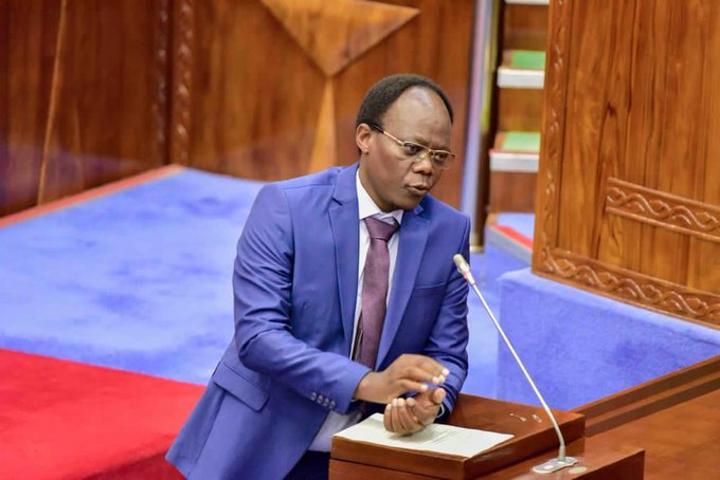Africa-Press – Tanzania. THE government is implementing the Third National Multisectoral Strategic Plan for the Prevention and Control of Non-Communicable Diseases (2021 – 2026), which outlines specific strategies including strengthening coordination and multisectoral engagement.
Deputy Minister for Health, Dr Godwin Mollel told the National Assembly yesterday that the plan also focuses at improving infrastructure for service delivery.
Dr Mollel was responding to a primary question from Special Seats MP Bernadeta Mushashu (CCM), who sought to know what efforts were in place to ensure all sectors participate in the fight against non-communicable diseases (NCDs), which account for the majority of deaths in the country.
Dr Mollel noted that apart from improving service delivery infrastructure, the government is also building capacity of healthcare workers, enhancing research initiatives and raising public awareness on preventive measures against NCDs.
“Such measures include encouraging regular physical activity and adherence to proper nutritional practices,” said Dr Mollel.
Moreover, in her supplementary question, the MP expressed concern that more than 33 per cent of deaths in Tanzania are caused by NCDs such as diabetes, hypertension and heart diseases.
She wanted to know if there were best practices from other countries that Tanzania could adopt to enhance public awareness and prevention.
Responding, Dr Mollel said the government has already put in place substantial interventions, including investment in modern technology and infrastructure across all levels from dispensaries to national referral hospitals to ensure early diagnosis and intervention.
Furthermore, Dr Mollel said the government has already made significant investments in the health sector, amounting to over 6.7tril/-.
“This investment has not only transformed healthcare services within the country but has also made Tanzania a medical hub for neighbouring countries,” he noted.
He added that the government has prioritised equipping regional and national hospitals with essential medical devices to treat NCDs, emphasising that the budget allocation reflects the government’s commitment to the fight against the diseases.
Meanwhile, Moshi Rural MP Prof Patrick Ndakidemi (CCM) asked about the government plans to offer free treatment for sickle cell disease patients, given the high costs involved.
In his response, Dr Mollel noted that sickle cell treatment is among the areas where the government has heavily invested, including acquisition of advanced technology that has saved many lives, especially among children.
“Two years ago, being diagnosed with sickle cell disease often meant a death sentence, as many patients didn’t live beyond 45 years. Today, more than 30 children have already received free treatment,” he said.
For More News And Analysis About Tanzania Follow Africa-Press







